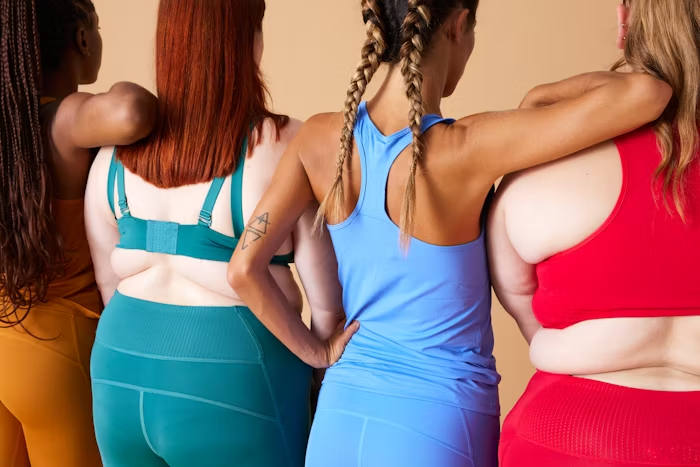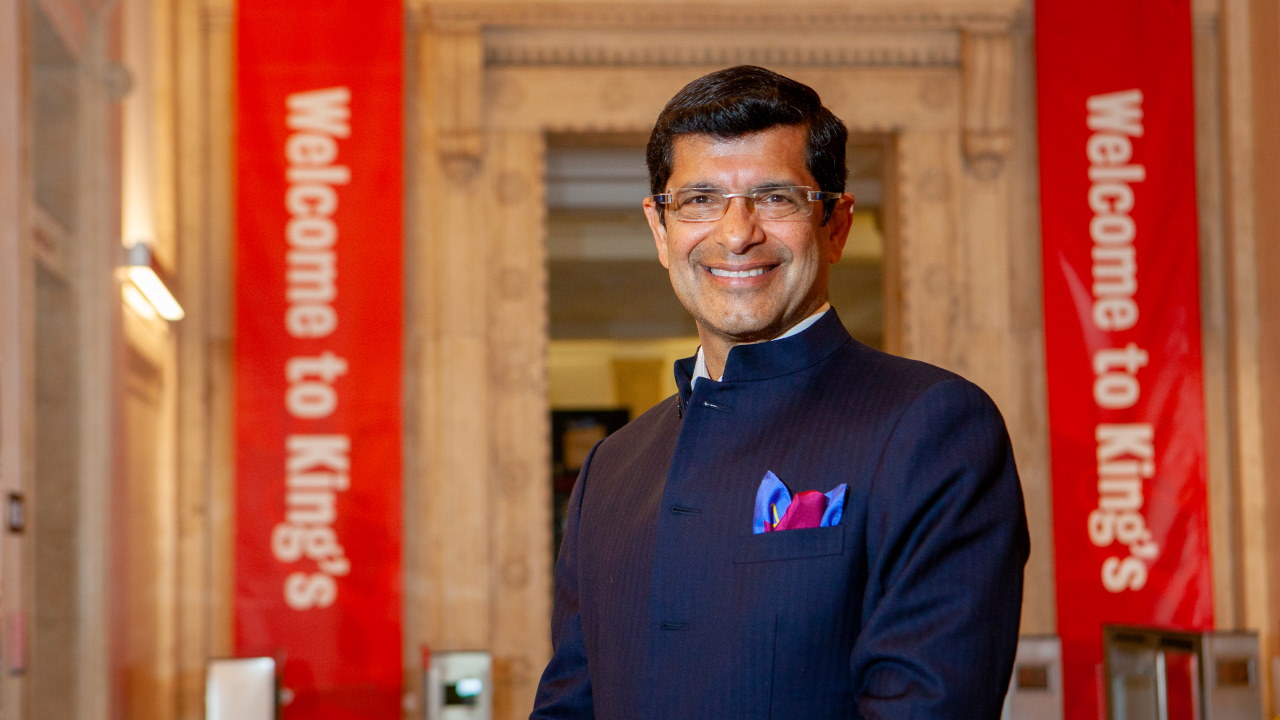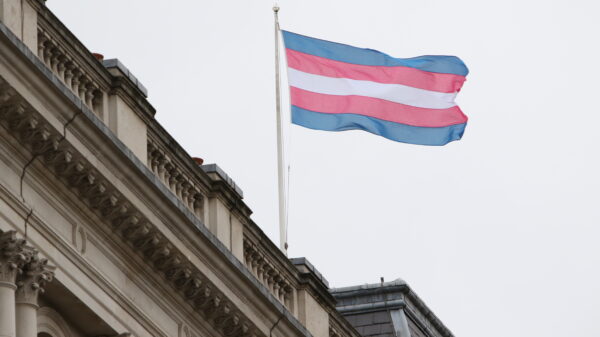Staff writer Maeve Relihan discusses the recent developments following fitness influencer Natalee Barnett’s decision to exclude trans women from her ‘women’s-only’ gym
On 9th March, fitness influencer Natalee Barnett (@nataleebfitness) took to X to make an announcement ahead of opening her women’s-only gym in London. In a video she released on the app, Barnett appeared firm, with arms behind her back, to announce that her gym would be “operating as a single-sex space for biological women,” U-turning on her previous trans-inclusive stance.
Debates regarding trans women have been amplified since the 16th of April, when the Supreme Court judged that the legal definition of a woman under the Equality Act would officially be predicated upon biological sex.
Barnett’s own judgement, preceding this ruling, has now been legally affirmed. Following a flurry of online backlash, she returned to social media to discuss her reasoning, citing the fact that she had been sexually assaulted inside of a gym as the inspiration for her trans-exclusionary approach.
Responding to the criticism in an Instagram story, she claimed that “the decision to have The Girls’ Spot as a single sex gym for those biologically female was not an easy one,” and “something that [she] thought over for many years.”
Barnett, ‘The G Spot’, and Setting a Transphobic Precedent
Barnett announced her plan to open her female-only gym, aptly named ‘The Girl’s Spot’ (‘The G Spot’ in shortened form, “because men can’t find it”) in 2021. Her ‘mission’ was to “tackle gym harassment, intimidation, and sexual harassment that women face in the gym regularly.”
The gym is being built currently, with many in her TikTok comments calling for the business to be franchised, and opened elsewhere in the UK and abroad. To cover the expense of “infrastructure, construction, rent of the building, equipment, and insurance of the gym,” Barnett turned to crowdfunding through GoFundMe. With the donations of her supporters, the page, to date, has accrued almost £25,000, with a £150,000 target.
The announcement of the gym’s trans exclusion, however, came as a shock to many of her followers.
Throughout her online career, the influencer has asserted herself as trans-inclusive. In a previous statement shared on X in 2021, she confirmed that her future gym would be open to trans girl followers, writing that, “respectfully, if you have a problem with trans women attending my gym, then you can find another [one] to train at.”
There are a series of flaws in Barnett’s decision, and particularly in the reasoning she has attached to it. She asserts that her exclusion was based on “the simple fact that [she] has been assaulted inside of a gym” – whether she realises it or not, her logic is undeniably misinformed and transphobic.
Her video equates the presence of trans women to that of predatory men. In doing so, she contributes to a harmful (and false) narrative that transgender women pose a threat to cisgender women, and treats them as men discursively. For her to be purporting this ideology to an audience of over one million followers seems dangerously irresponsible.
Her logic also frustratingly overlooks, frankly, good common sense. UN Women UK found that 97% of women aged 18-24 in the UK have experienced sexual harassment in a public place – this indicates that, when men want to harass women, they do it anyway. They do not, as Barnett seems to suggest, bide their time picking out a sports bra and a wig, before forging a registration to a women’s-only gym.
Year after year, trans women are reported to have a far higher victimisation rate of violent crime (“including rape, sexual assault, and aggravated or simple assault”) than cisgender women. In the UK in 2020, Galop found that 7% of trans people had experienced sexual assault, compared to 2.9% of the cisgender population in England and Wales. Turning to the statistics, then, makes it abundantly clear that trans women are not the threat Barnett seems to think they are.
The Women Backing Barnett
Despite initial outrage, many were still quick to side with Barnett. Some have highlighted that a single-sex space will allow Muslim women to exercise without their hijab on, and the decision ensures ‘privacy’.
One TikTok user asked: “Can we, biological women, not have anything? We always get something taken away from us.” This argument seems confused in the notion that women have anything to lose by allowing trans women into their spaces, however, and remains sadly rooted in the transphobic stereotypes that trans women are (a) men and (b) a threat.
Another comment reads, “Respectfully find another gym, is it that deep?” Trans women can, indeed, go elsewhere. In the sense that Barnett cannot take back the discourse she has reinforced to over a million impressionable followers, however, yes – it is “that deep.”
Regardless, no counter-argument can dismiss the principle that Barnett opened a gym, in part, upon the premise of trans inclusion, took money on that same premise, and then hurt the trans community in a poor and unacceptable explanation of her motives.
Commenters have weighed in, saying: “She said her gym was for ALL women when receiving and needing funds, now that she doesn’t need it she’s changed her mind.” Overall, the incident has left a bad taste in the mouths of many of her former supporters, with some claiming that donors “were lied to, and should get their money back.”
The Future of ‘The G-Spot’, and the Recent Supreme Court Ruling
The most recent census data in 2021 reported that trans people, overall, make up a mere 0.5% of the English population. Barnett’s firm stance against allowing trans women in her gym is something of a non-issue, making the offence she has caused seem particularly futile. With one location in London, limited space, and an inaccessible membership price point limiting the pool of attendees, who is to say that Barnett would have even had any trans customers to turn away?
One also has to wonder how Barnett plans to make good on her rule. She has not yet announced her method for doing so, leaving potentials up to the imagination – asking for birth certificates upon sign-up? Kicking out the patrons, trans or not, that she deems ‘mannish’? Asking gym-goers to drop their pants at the door? The rule seems somewhat non-enforceable.
Even more perplexing, does Barnett mean to say that trans men are welcome in her women’s-only gym?
Now, as she goes ahead with her gym as planned, the Supreme Court’s recent ruling will surely give her confidence in her decision.
On TikTok, the influencer continues to unveil baby pink squat racks and exercise mats, encouraged by support in the comments from loyal followers who believe she made the right call. Support for the trans community is notably missing from these comment sections, suggesting some level of monitoring, and ultimately, Barnett will not be changing her mind any time soon.

















